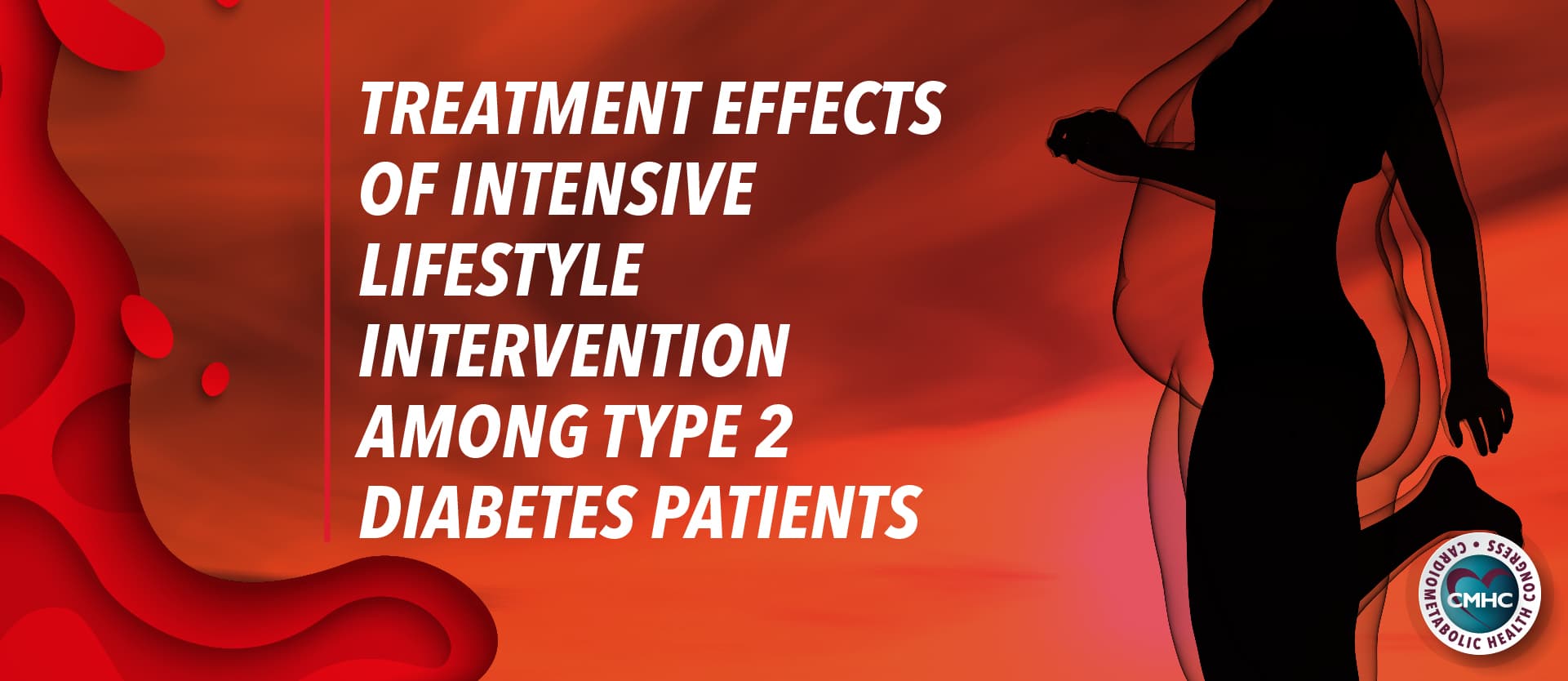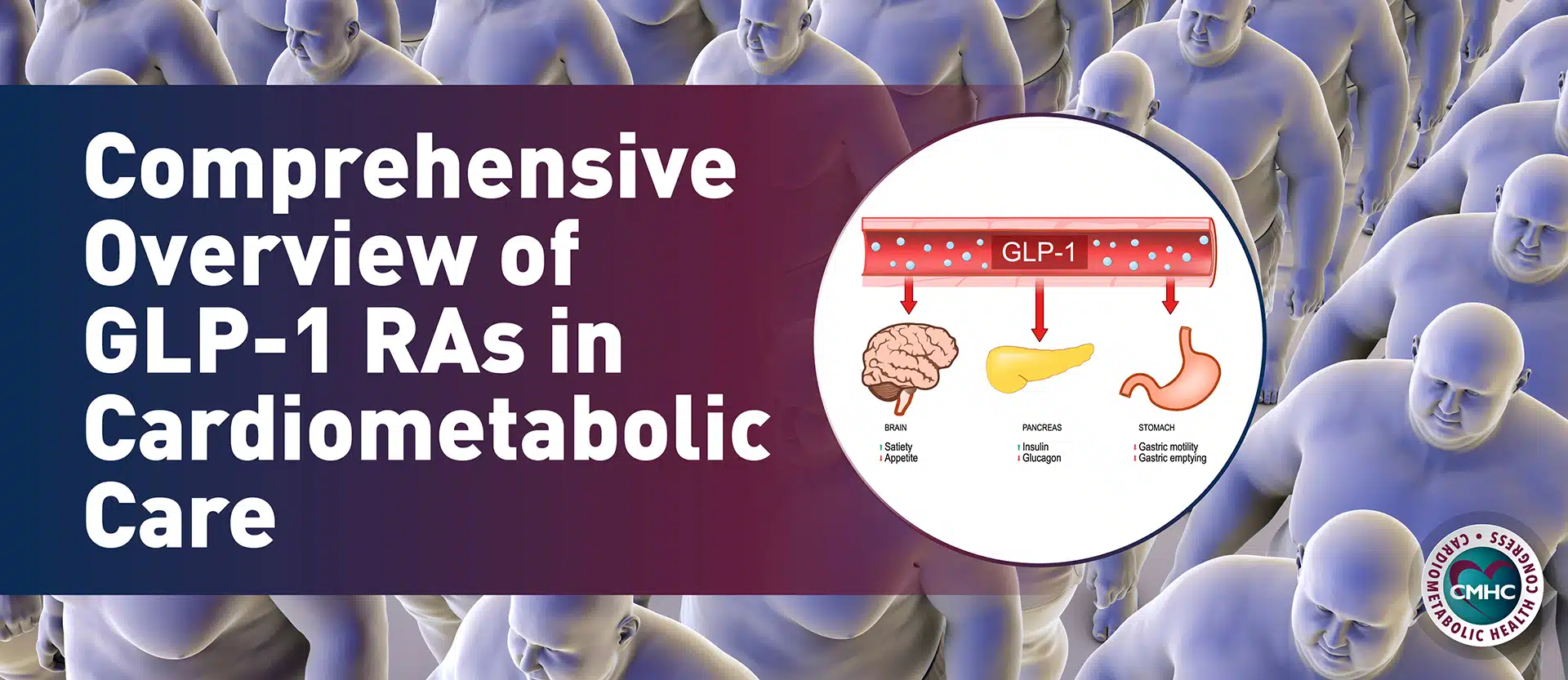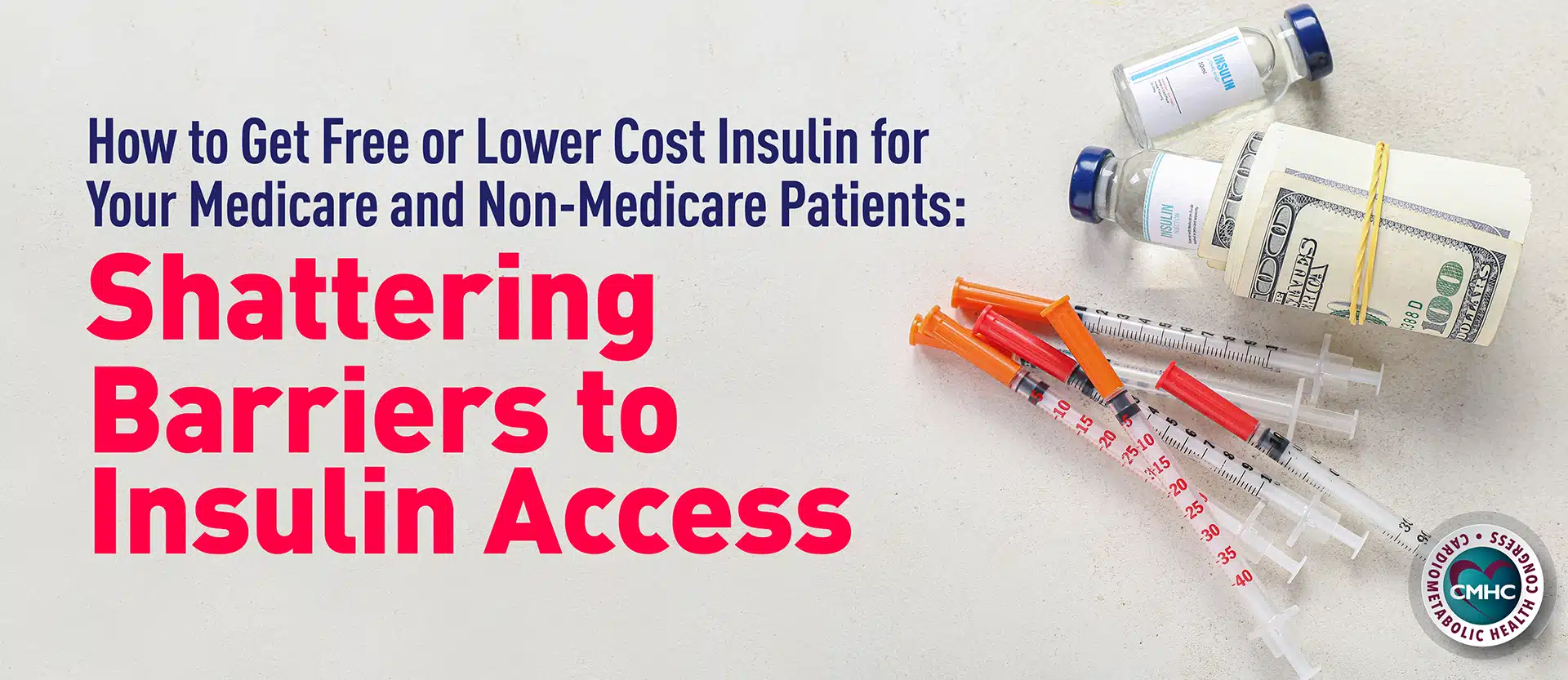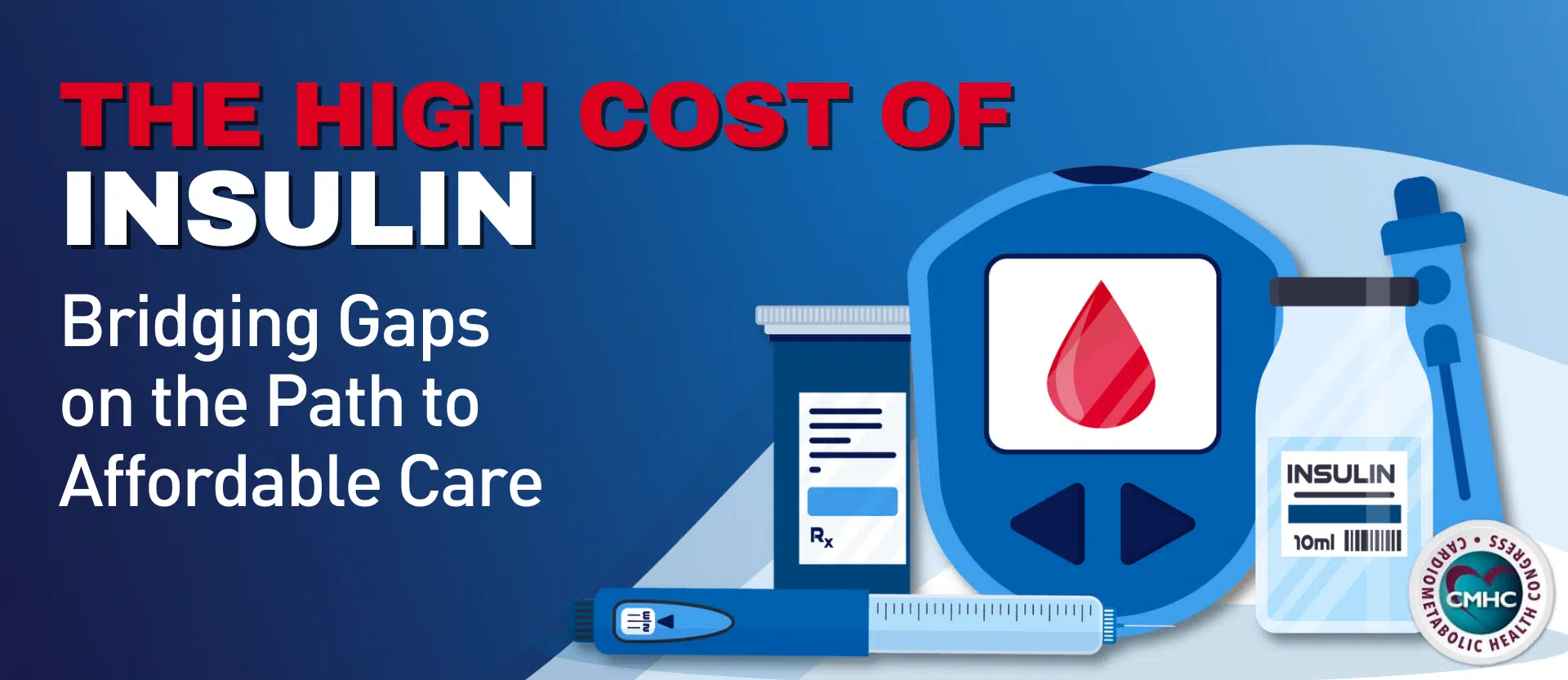Lifestyle interventions are often the first line of treatment for patients with prediabetes and are an essential component of successful weight and blood glucose management for the reduction of cardiometabolic disease risk. Together, the incorporation of regular physical activity and implementation of healthy dietary patterns have been proven to decrease cardiovascular disease risk factors, although the impact of these strategies does not always yield the same results. As evidenced by the latest research published in Diabetes Care, lowering CVD event risk in individuals who are overweight or obese with intensive lifestyle interventions is dependent on certain patient-specific factors.
Heterogeneity of Treatment Effects
Jan Westerink, MD, PhD internist and specialist in the department of vascular medicine at the University Medical Centre Utrecht, and colleagues conducted a post hoc analysis to explore the presence of heterogeneity of treatment effects of intensive lifestyle intervention on the occurrence of major cardiovascular events in overweight or obese patients. In their research, the team also hoped to identify patient-specific characteristics that were associated with individual outcomes. They analyzed data from nearly 5,000 diabetic participants with a mean age of 59 years and mean BMI of 36 kg/m2 from the Action for Health in Diabetes (Look AHEAD) trial, which included a median on 9.4 years of follow-up.
Study participants were randomly assigned to standard care or intensive lifestyle intervention – which required the daily consumption of less than 1,800 calories with a weekly total of at least 175 minutes of moderately intense physical activity. The team utilized a penalized Cox regression model to predict the 10-year risk for major cardiovascular events as well as the treatment effects of intensive lifestyle intervention. Projected treatment effects were calculated and used to create quartiles that would determine the predicted efficacy of an intervention.
Treatment Effects of Intensive Intervention
During the course of the trial, 799 major CV events occurred and their 10-year risk decreased by a median of 1.3% within the cohort with the highest expected risk reduction (quartile 1) based on estimated absolute treatment effect, which varied substantially from individual to individual. On the other hand, the 10-year risk of major CV events increased by an average of 15% in participants who were expected to benefit the least from the intervention (quartile 4). Furthermore, no benefit from treatment was found in quartiles 2 and 3, revealing no change in cardiovascular event risk for participants who were expecting to experience moderate improvement.
Surprisingly, patient groups that were projected to experience the lowest risk reduction experienced higher average HbA1c (8.5%) compared with those who expected to have their risk lowered the most (6.7%) Several patient characteristics such as demographics, medication, and medical history, physical examination, and laboratory values were associated with the level of treatment effect.
“It may be wise to be cautious with regard to very intensive lifestyle interventions, such as the intervention from the Look AHEAD trial, in certain patient categories,” Dr. Westerink told Endocrine Today in an interview. “Future research should be aimed at investigating which types of (intensive) lifestyle interventions are effective and safe to use in these subgroups of overweight and obese patients with type 2 diabetes.”
While certain intervention participants experienced observable benefits, others experienced no change in cardiovascular disease risk despite intensive weight loss. The researchers noted a lack of CVD history, good control of type 2 diabetes, lack of insulin use, higher socioeconomic status and the absence of macroalbuminuria as patient-specific characteristics that were positively associated with treatment effects. However, the potential detrimental impact of intensive interventions warrants caution and a risk to benefit analysis as well as further research to determine the true efficacy of lifestyle changes on cardiovascular risk in patients with type 2 diabetes.


















